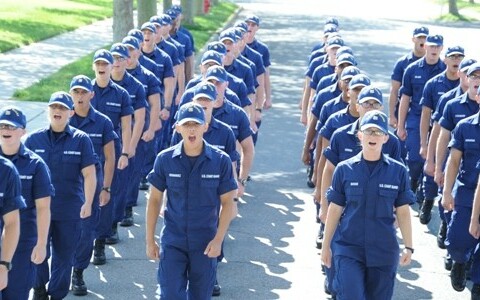I have great respect for the men and women of the Coast Guard. Over the past 30 years, I’ve come in contact with quite a few of them and have come away impressed.
They have a job that is next to impossible. But yet they find a way to get it all done. They’re our cop on the beat in the Arctic, our Good Samaritans following a hurricane, rescuers when we’re miles offshore and the boat goes down. They get the Great Lakes cargo carriers to their destinations by plowing a path through the ice, and chase the drug smugglers whose merchandise can be deadly. And that's just a sample of the agency’s responsibilities. Incredibly, they do it all well.
Recently, however, the Coast Guard has been leaking oil.
Earlier this year, the National Academy of Sciences, at the request of Congress, issued a report on the emerging issues that will require Coast Guard action over the next decade and provided recommendations.
Rep. Daniel Webster, R-Fla., chair of the House Coast Guard and Maritime Transportation subcommittee, was not pleased following the release of the report.
“It goes without saying that with growing manpower shortages, an increasing shoreside infrastructure backlog, and a completely defective procurement process, the Coast Guard has a lot of work to do in order to meet the increasing mission demands it will see over the next decade,” Webster said.
One of those problems that the Coast Guard has is the same one many workboat companies have — a shallow pool of potential recruits.
“Recruiting problems began prior to the Covid-19 pandemic and then worsened, resulting in a recruiting environment today that is significantly more complicated than it was before the pandemic,” Vice Adm. Paul F. Thomas, deputy commandant for mission support, told a congressional hearing in May. “The current shortage threatens the service’s ability to conduct missions which are vital to national security and prosperity.”
The Coast Guard is doing its best to adapt to what it takes to operate efficiently today and meet the challenges of tomorrow. We just need to be patient.
(Our Washington, D.C.. correspondent Pamela Glass has a featured story about the challenges facing the Coast Guard today and tomorrow in the upcoming October issue of WorkBoat magazine.)




